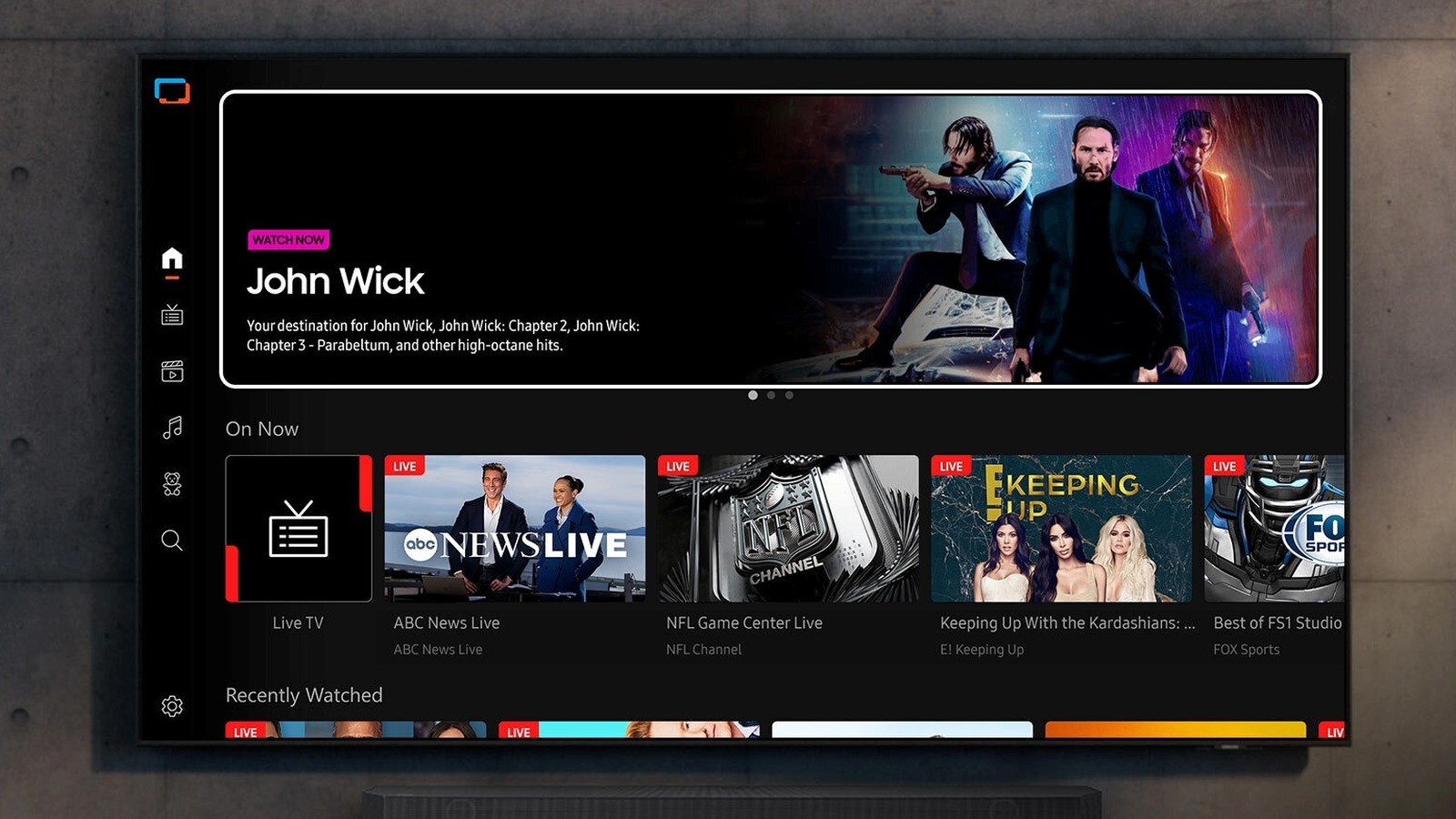If you’ve had your mind set on T-Mobile or Verizon’s popular fixed-wireless home broadband but have issues with their pricing or just seeing those carriers’ names on the bill, this week brought two additional ways to get it.
On Monday, Verizon-owned Tracfone began selling prepaid 5G Home Internet on Target.com and at Target stores for $60 a month, with the purchase of a $69.99 router required.
Tracfone advertises download speeds ranging from 20 to 200Mbps and uploads of 3 to 15Mbps for this service. If only an LTE connection is available, those estimates drop to 20 to 50Mbps down and 3 to 6Mbps up. (The FCC-mandated broadband label on Tracfone’s service plans page cites different speed ranges and also lists a $70 rate. Tracfone did not answer a request for clarification emailed Friday afternoon.)
Then on Wednesday, T-Mobile announced that its Mint Mobile subsidiary was now selling the cutely named Home Minternet, with rates starting at $40 a month and the router provided free. Mint cites typical download speeds of 133 to 415Mbps and uploads of 12 to 55Mbps, numbers repeated in its broadband label.
But while both prepaid brands offer the fixed-wireless service provided by their parent companies, with the same commendable absence of a data cap, they don’t offer comparably enticing bargains.
Verizon’s 5G Home Internet starts at $50 with autopay enabled, $35 if you also have any Verizon phone plan—meaning that, yes, the company’s prepaid brand that markets to cost-conscious customers charges more than that.
“The $60/month price does not provide savings versus Verizon Home Internet, but it is a mass market product sold at Target with a promise of quick and easy installation,” emailed Wave7 Research analyst Jeff Moore, who flagged the impending introduction of this service in an Oct. 10 post on X.
“There are no strings attached, as customers need not be a Tracfone or Verizon subscriber,” he added. “Many people have cable or telco internet service and paying $60/month versus their current Internet/TV bill could provide huge savings.”

Get Our Best Stories!
A Smart, Bold Take on the Wireless World

By clicking Sign Me Up, you confirm you are 16+ and agree to our Terms of Use and Privacy Policy.
Thanks for signing up!
Your subscription has been confirmed. Keep an eye on your inbox!
Mint’s Minternet, however, offers a discount compared to T-Mobile’s 5G Home Internet, where service starts at $50 standalone and $30 with any T-Mobile phone plan. As with Mint’s prepaid wireless-phone service, you’ll need to prepay for a longer term to get a lower rate: After the first three months, paying for three months at a time raises the cost to $50 a month, while covering a year upfront keeps the monthly expense at $40.
To muddy the home-broadband waters a little further, the Mint and Tracfone offers aren’t the first time T-Mobile and Verizon have sold their home fixed-wireless service via a prepaid channel.
Both companies launched prepaid home-internet deals three years ago—T-Mobile in March 2022 via its Metro by T-Mobile subsidiary, Verizon in October 2022 through Tracfone’s Straight Talk brand.
Recommended by Our Editors
Metro sells home broadband for $40 a month, $10 below its corporate parent’s rate, but requires subscribers to have a Metro voice line. They also need to buy a router, at $99.
Straight Talk’s home-internet offer, meanwhile, costs $45 a month without a line on that prepaid firm, $35 with its Gold or Platinum unlimited on-phone data plans. The required router costs extra: $69.99.
AT&T also sells Internet Air fixed-wireless home broadband but has yet to make versions of that available to its AT&T Prepaid and Cricket Wireless brands.
Asked if T-Mobile and Verizon weren’t getting too cute with this exercise in market segmentation, Moore demurred, calling it a sign of broadband becoming more competitive. “Traditionally, it is a landline duopoly phenomenon, with customers choosing between the cableco and telco and having to arrange an appointment for installation,” he wrote. “With wireless Internet, there is no need for a truck roll and there is an increasing choice of vendors that reflects the reality of internet as a mass market phenomenon.”
About Our Expert

Experience
Rob Pegoraro writes about interesting problems and possibilities in computers, gadgets, apps, services, telecom, and other things that beep or blink. He’s covered such developments as the evolution of the cell phone from 1G to 5G, the fall and rise of Apple, Google’s growth from obscure Yahoo rival to verb status, and the transformation of social media from CompuServe forums to Facebook’s billions of users. Pegoraro has met most of the founders of the internet and once received a single-word email reply from Steve Jobs.
Read Full Bio









